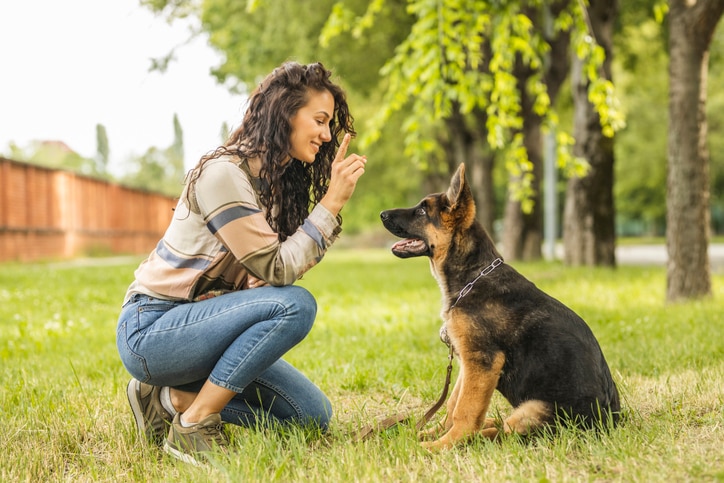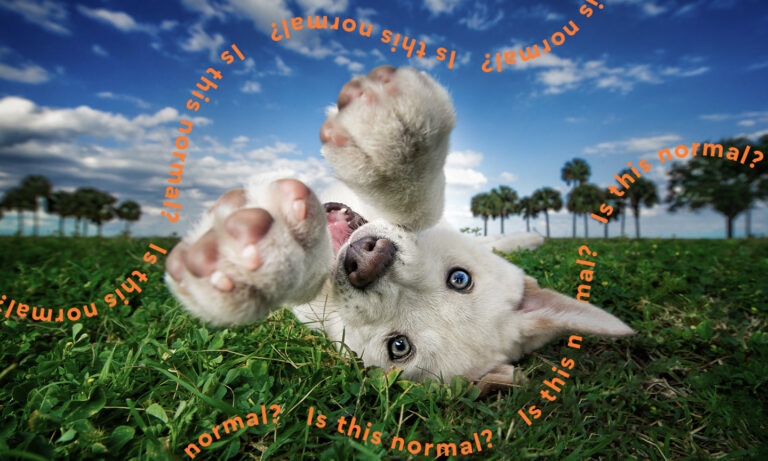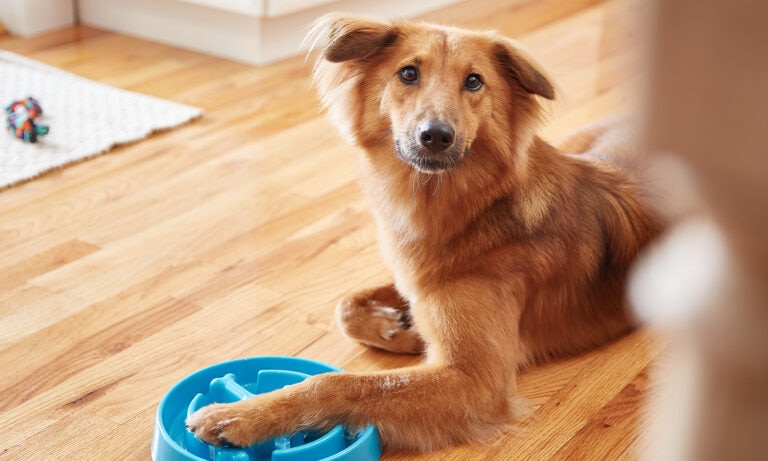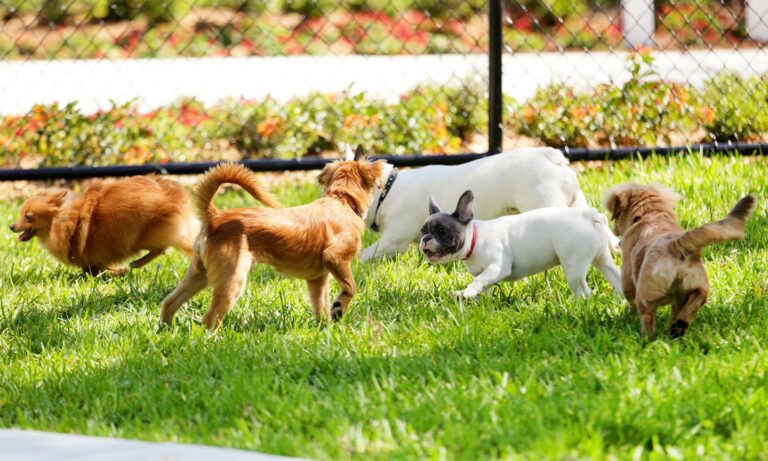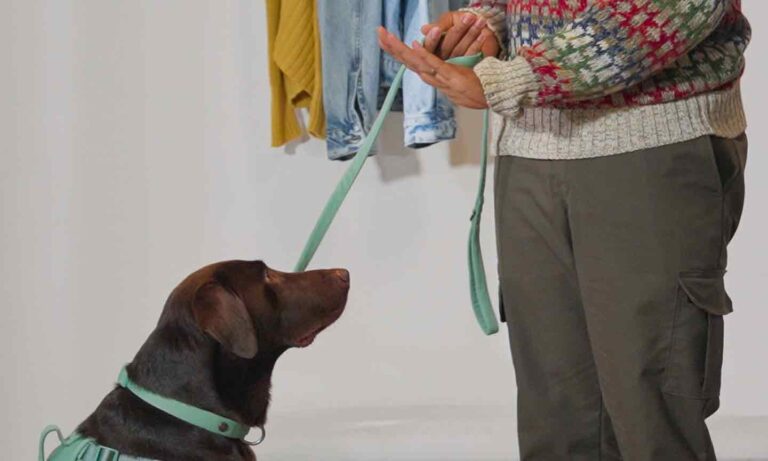Why Do Dogs Bury Bones?
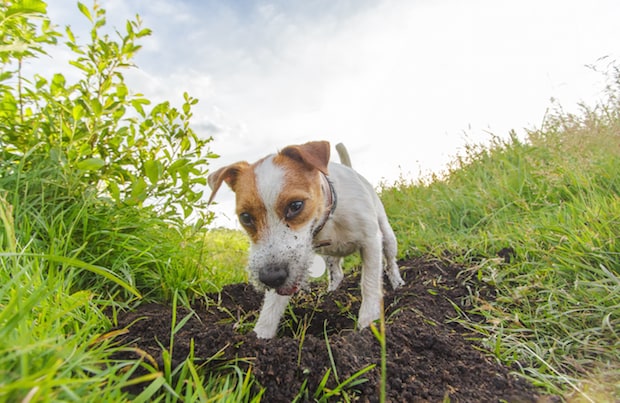
Photo by Shutterstock
You stash your prized possessions in a vault, bank, safe-deposit box, or under a mattress. Your pooch stows his treasures—dog bones, treats, toys, TV remotes—in a backyard hole or under a couch cushion.
Burying objects is an instinct for dogs, says Teoti Anderson, CPDT-KA, KPA-CTP, owner of Pawsitive Results, in Lexington, S.C., and the author of several dog-training books.
Why Dogs Bury Bones
Your pup probably gets it from his ancestors. As predators and scavengers, dogs didn’t know when or where they could find their next meal, explains Anderson. If they had leftovers, they buried it and saved it for later.
“Other animals do this, too,” she says. “Think of squirrels, who bury their nuts in your yard. They’re just not very good at it!”
Some scientists think burying food underground masks the smell of it so other foragers can’t find it. Others believe the dirt keeps the food cool, so it doesn’t rot as quickly.
Nowadays, if your pooch lives in a multi-dog household, Anderson says he may have learned to dig from other dogs, too. Or, he may be concealing his dog toys and dog treats so your other pups can’t get their paws on them.
Some breeds are more prone to digging, and they may tend to hide their treats and toys more often than other breeds.
One of the most prevalent diggers: Dachshunds. Now, you might be thinking, Wait! They have stubby little legs. But Dachshunds were originally bred to hunt badgers in their tunneled dens, making them great burrowers, Anderson explains.
How To Deal With Dogs That Dig
Anderson says burying objects is nothing to worry about. However, if the behavior becomes bothersome—like your dog is digging pits in your backyard, creating holes in your furniture or hiding your jewelry—then you shouldn’t punish your dog. Doing so could lead to your pet to being afraid of you, she says.
And don’t just stop him from digging and then walk away.
“Instead, interrupt the behavior and then immediately redirect your dog to another activity you like better,” Anderson says.
By halting the digging, you’ve communicated that you don’t want him doing it. “Now, you have to teach him what you do like,” she says. “Give him Dog interactive toys, play fetch with him—give him an alternate activity you prefer.”
The only time you have to worry about the behavior is when it becomes excessive. “If your dog does become obsessed with hiding food or a toy to the point that you can’t interrupt him or he does it for long periods of time, then you may need to consult your veterinarian,” says Anderson. “There could be an obsessive-compulsive component to his burying.”




